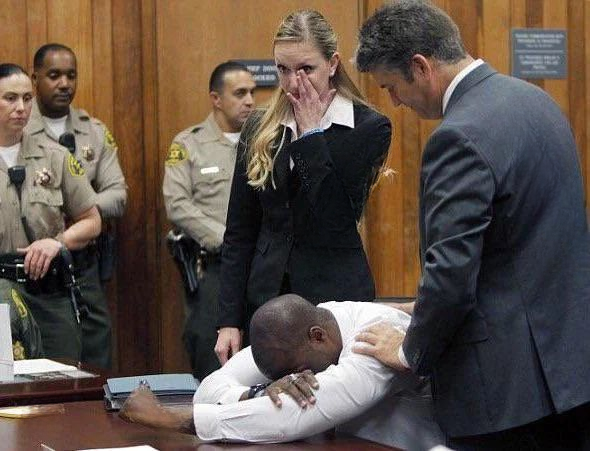When Rachel throws her grandmother out of her luxury wedding over a simple, odd gift, she thinks she’s just preserving her image. But grief has a way of unraveling the truth, and what she finds inside a dusty bag of walnuts will break her open in ways she never expected.
I grew up more in Grandma Jen’s house than I did in my own. My parents, Miranda and John, were always working, trading time for money, and money for status. Meanwhile, Grandma’s old cottage sat at the edge of town, with its creaky porch, lavender-scented doilies, and floorboards that groaned under every step.
To me, it felt like safety.
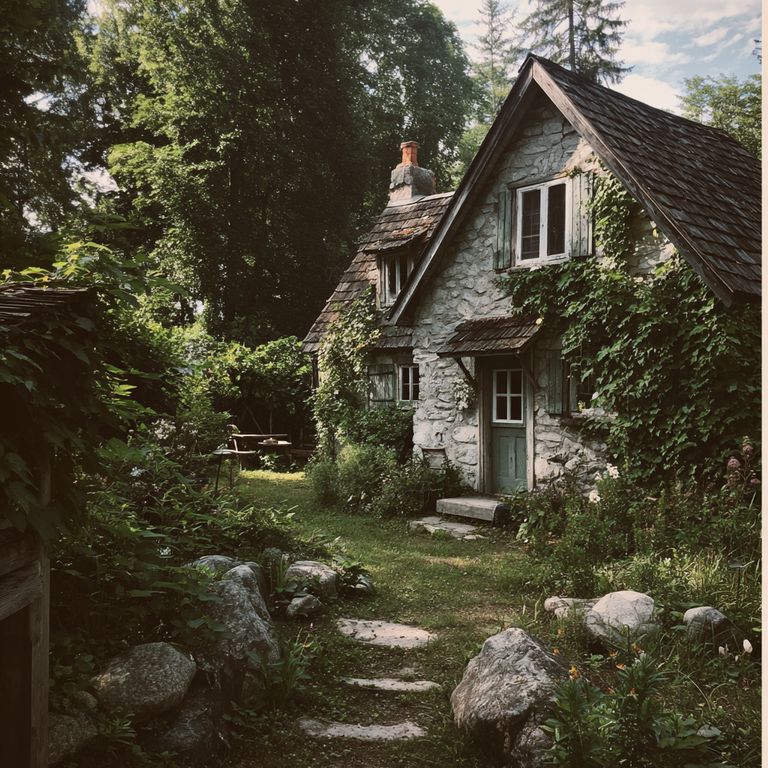
Grandma Jen used used to braid my hair before school, humming softly as her fingers worked through the tangles. The braids were always a little loose, never perfect, but somehow they felt like a crown when she was done.
I’d sit on the floor by her rocking chair while she sipped her tea and read the paper aloud to me. She’d never read the tragic or danger-filled stories, only the funny ones. Her laughter always came before the punchline, a bubbling sound that made me laugh too, even if I didn’t understand the joke.
Every evening, she’d cook the same dinners. Nothing fancy, but always nourishing and comforting, like soft potatoes with black pepper, crisp green beans with butter, and scrambled eggs and sausages that tasted better than anything from a restaurant. She didn’t follow any recipes; she just knew what felt right.
“These are the meals that stick to your bones, my Rachel,” she’d say, setting down the plates.
And every night, just before bedtime, she’d sit beside me on the couch with a tiny bowl of walnuts. They were already cracked and cleaned, placed in little halves. She always made sure I didn’t have to do the work.
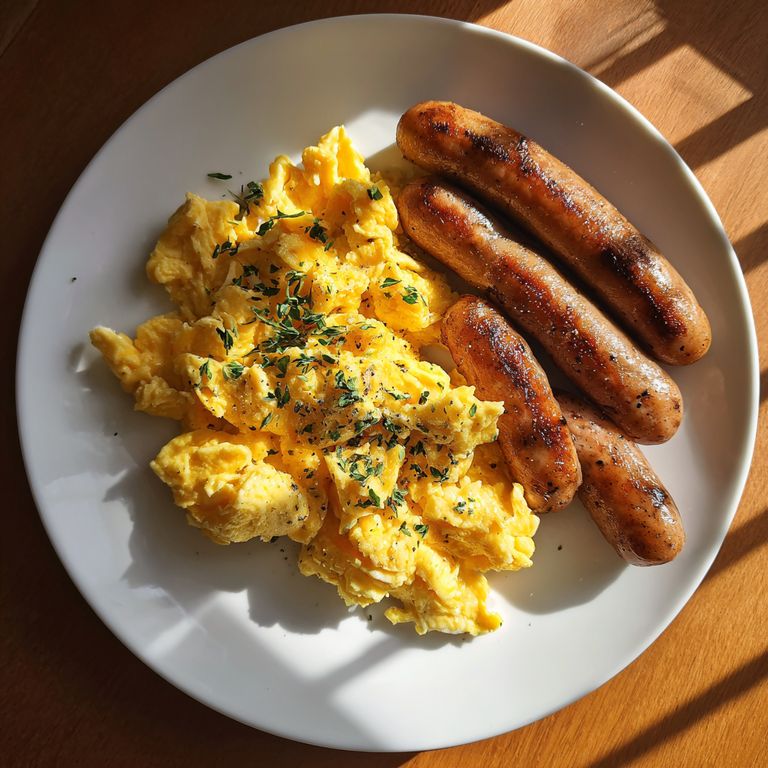
“Eat these, sweetheart,” she’d say, placing them gently in my hands. “They’ll make your heart stronger.”
I had been born with a congenital heart defect. By the time I turned seven, I’d had multiple surgeries. There were years where hospital rooms were more familiar than my own pink and white bedroom. My chest held a thick, pale scar that made me tug my shirts higher than the other girls did.
But Grandma Jen never looked at me like I was breakable. She made me feel whole.
Back then, she was everything to me, my safety net, and my warmth. Grandma Jen was the only constant in my life.
But things changed.
As I got older, my parents started pouring wealth onto me like it was a reward. Suddenly, my life was all about designer dresses, ski trips, private school tuition, and summers in Italy.
And just like that, I stopped craving the simple meals and quiet nights. I started forgetting the scent of lavender and the sound of Grandma Jen humming.
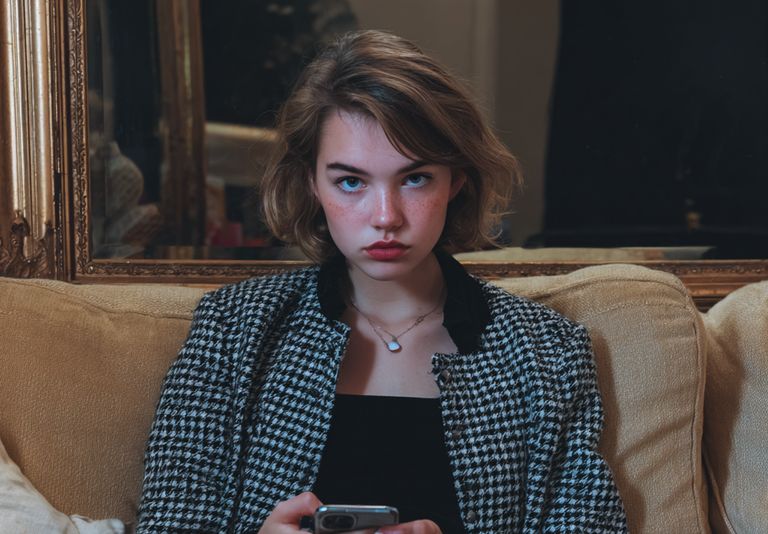
And somehow, I convinced myself that all I was doing was growing up.
Grandma’s house started to feel old to me. It was as if the colors had dulled, though deep down I knew it was me who had changed, not the house.
Whenever I thought of it, I’d think of it as being stale and dusty. The charm I used to adore became something I rolled my eyes at. I stopped visiting as often, and when I did, I’d sit with one foot half out the door, scrolling my phone and checking the time.
Once, I walked in and wrinkled my nose before I even said hello.
“It smells like old people in here,” I muttered.
Grandma looked up from her crossword puzzle and smiled softly.
“That’s the smell of lavender and rosemary, honey,” she said. “You used to love it, Rachel.”
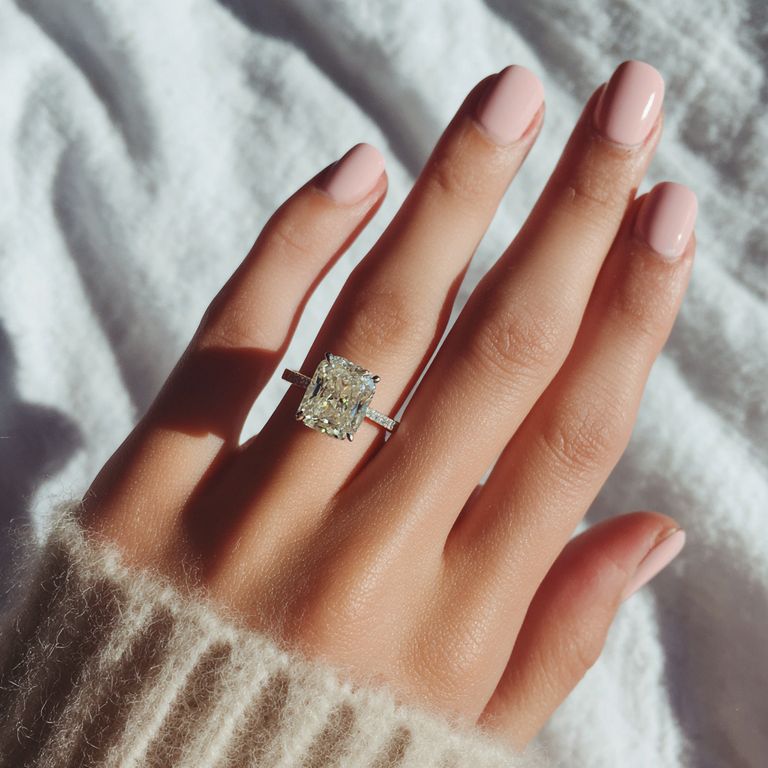
I didn’t answer. I just opened a window.
Still, she called every week without fail. Sometimes I answered half-heartedly, earbuds still in, scrolling while she spoke, but she never seemed to mind my distracted replies. She always had the same warm tone, always asking if I was eating well, sleeping enough, and remembering to take my medication.
And every call ended with the same gentle phrase:
“Be kind, sweetheart. The world’s already too cruel.”
I never said it back.
When I was 22, I got engaged to Grant. He came from old money and dressed like it. His parents owned restaurants and a vineyard. The wedding became a huge event. We invited 500 guests. Everything was extravagant.
Grandma wasn’t on the list.
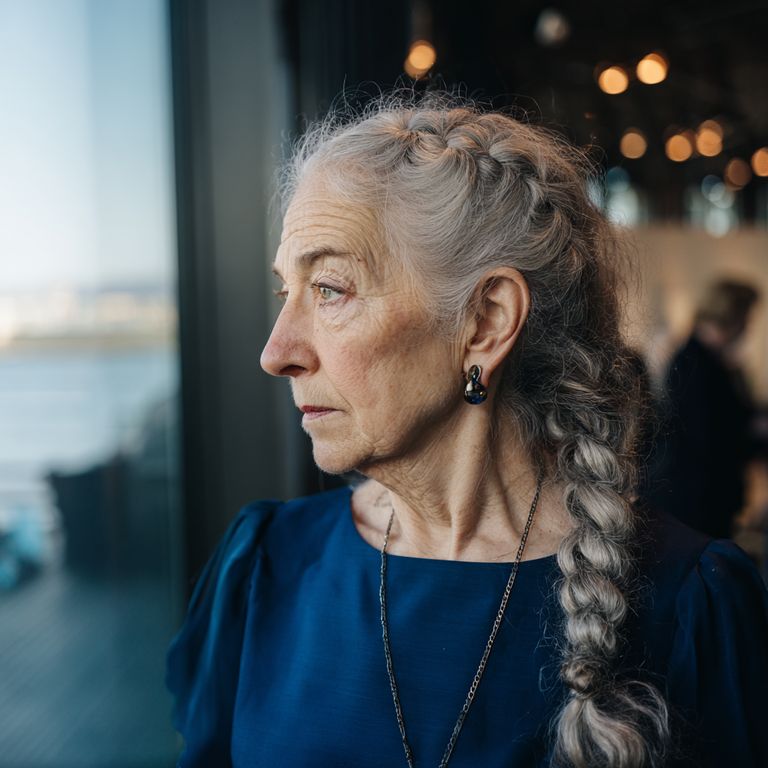
“She raised you,” my mother said. “Rachel, please.”
So I added her name, reluctantly.
On the day of the wedding, Grandma Jen arrived wearing her old blue dress, holding a faded cloth bag with frayed corners and a stain near the zipper.
“My Rachel,” she said softly. “I brought you something. Please open it soon. It’s my gift.”
She pressed the bag into my hands.
Inside were walnuts. Dry, cracked, dusty walnuts.
My cheeks burned.
“Are you serious right now? You brought me a bag of dirty walnuts. To my wedding?”
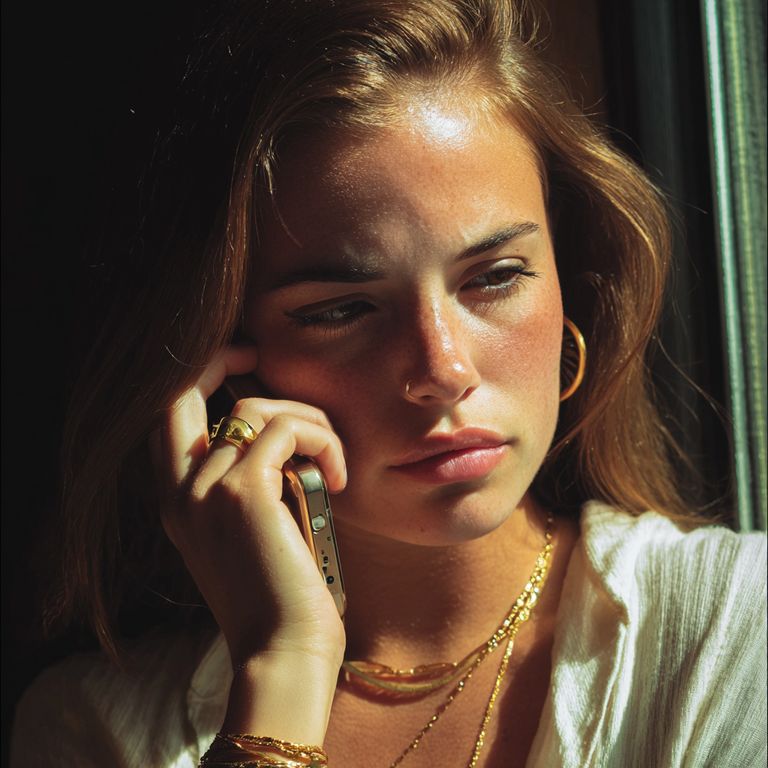
“They’re special,” she whispered.
“It’s a dirty bag, Grandma. This is embarrassing.”
I looked away. She did too.
“Just go,” I said quietly.
And she did.
Two days later she called. I ignored the first call. The second I answered impatiently.
“Grandma, I’m really busy.”
“I just wanted to know if you opened my gift.”
“Not yet, okay? Stop calling me about stupid things.”
“I’m sorry to disturb you,” she whispered.
She never called again.
Two months later, my mother phoned.
“Rachel… Grandma Jen… she’s gone. Her heart gave out.”

At the funeral I stood shaking beside her casket. The faint scent of lavender clung to everything.
I cried harder than I ever had.
That night I needed to open the bag. I got into the car, but I never made it home. The crash knocked everything out of me. I woke up in the hospital.
“Please,” I rasped to Grant. “The bag. Grandma’s walnuts.”
He brought it.
My hands trembled as I cracked the first walnut.
Inside was a tiny folded note:
“Be kind, Rachel. The world can be cruel, but don’t let it change you.”
The next walnut held a $20 bill.
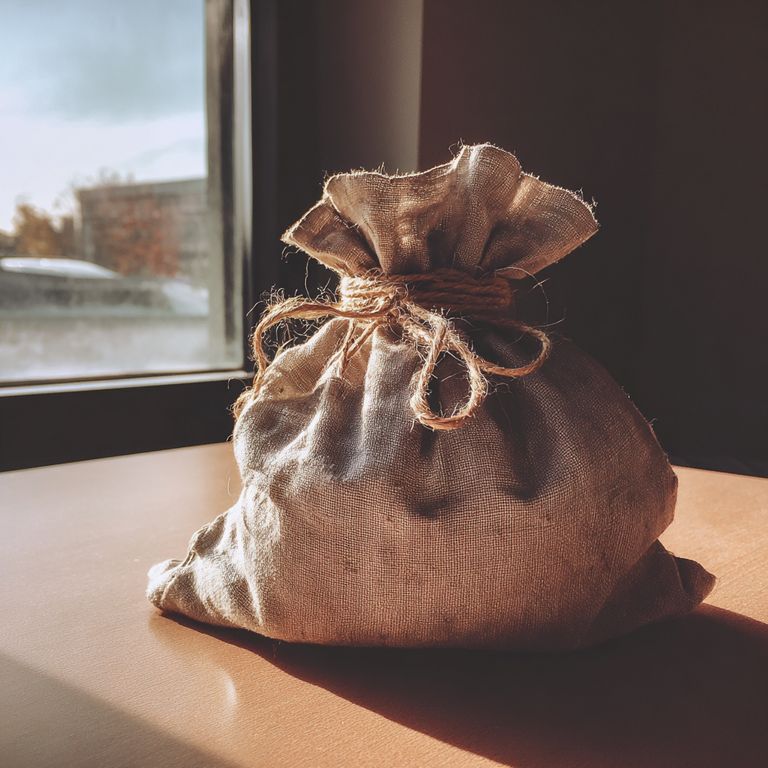
“Save for your future.”
Walnut after walnut—each held her love, her savings, her advice. Years of love packed into something I had thrown away.
The last walnut held one final note:
“We all make mistakes, my sweet girl. You deserve forgiveness. It’s never too late to choose love.”
I sobbed until my body hurt.
A week later, I stood at the beach holding a single walnut. I cracked it open. No note this time.

I ate it. Then I cried into the waves.
“Thank you, Grandma Jen.”
Days later, I found myself cooking buttery potatoes at sunrise, just like she used to. No recipes. Just warmth.
Grant stood nearby.
“I didn’t know that about her,” he said softly.
“She was everything to me once,” I whispered. “I forgot.”
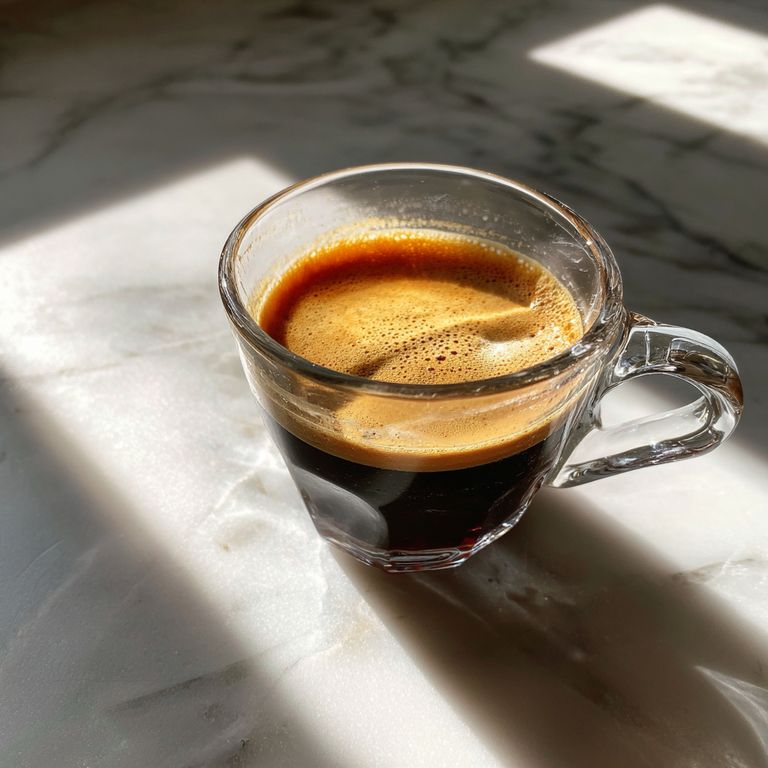
“But you’re not that girl anymore,” he said. “I see you now.”
We ate simple food together. No garnish. No glamour. Just love.
And somehow, it felt like she was at the table too.


